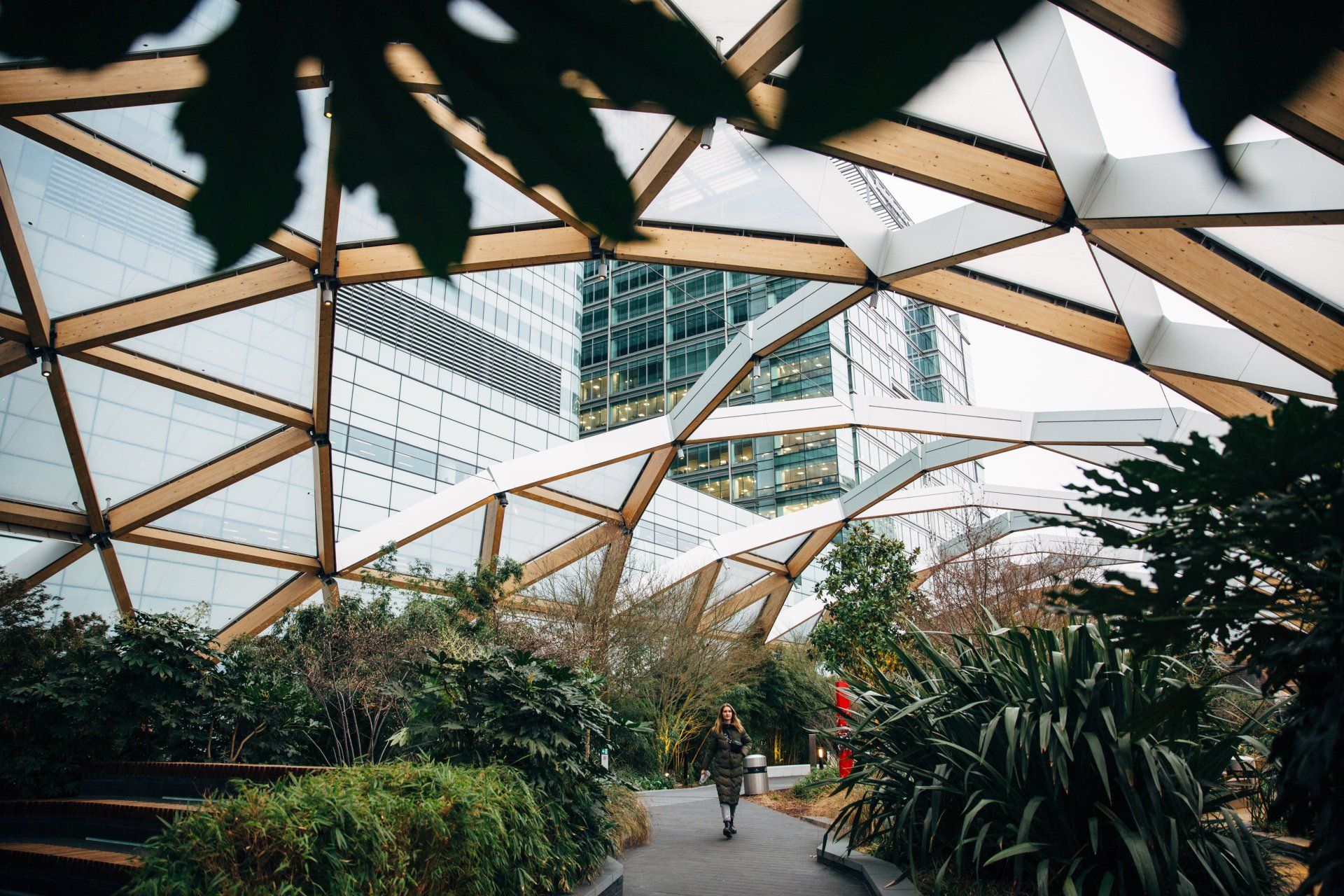The new Intergovernmental Panel on Climate Change (IPCC) report has revealed that many impacts of climate change are now impossible to stop – but not all hope is lost
Many changes to the climate due to past and future greenhouse gas (GHG) emissions are now irreversible for the next millennia – especially those in the ocean, including melting ice caps and rising sea levels; that’s just one of the findings from the IPCC’s new report. With human activities being responsible for around 1.1°C of global warming since the turn of the 19th Century.
However, not all hope is lost as the report reveals that a heavy reduction in carbon emissions would limit climate change overall, with air quality improving rapidly and global temperatures taking between 20 to 30 years to stabilise. If the steps laid out in the IPCC’s report are not taken though, it would be impossible to prevent warming levels from surpassing 1.5°C over the coming decades.
Impacts of Climate change
- Climate change is intensifying the water cycle, leading to increased rainfall and flooding for some areas of the world and intense droughts for others.
- Coastal erosion is rapidly increasing due to continued rising sea levels since the start of the 21st century. Extreme sea level events that used to occur once in a hundred years could now happen annually.
- The Arctic sea ice, glaciers and ice sheets will all be lost due to permafrost thawing.
- Ocean acidification, warming and reduced oxygen levels have all been linked to human action and are destroying natural ecosystems.
The Co-Chair of the IPCC, Valérie Masson-Delmotte said:
“This report is a reality check. We now have a much clearer picture of the past, present and future climate, which is essential for understanding where we are headed, what can be done and how we can prepare.”
What needs to be done
- Reaching net zero carbon emissions is essential to keeping global warming to a specific level.
- As well as carbon emissions, methane emissions must have a heavy decrease; they lead to aerosol pollution which impacts the amount of heat getting in and out of the atmosphere, thus affecting the formation of clouds.
- Removing human carbon emissions could lead to a reversal of ocean acidification and the stabilisation of temperatures in the coming decades.
- Net zero could limit the frequency of extreme sea level events, flooding and extreme temperatures in parts of the planet.
“Stabilising the climate will require strong, rapid, and sustained reductions in greenhouse gas emissions and reaching net zero carbon emissions. Limiting other greenhouse gases and air pollutants, especially methane, could have benefits both for health and the climate”, said IPCC Co-Chair Panmao Zhai.
British Gas Business
Every business has a role to play in reducing their carbon footprint. Discover how we can help your business become more sustainable below.




